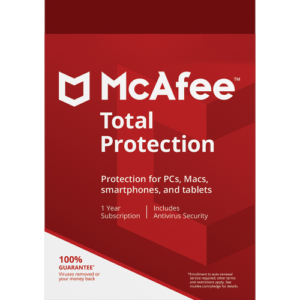Online safety, also known as internet safety or cyber safety, is the practice of protecting yourself, your personal information, and your digital presence when using the internet. In today’s interconnected world, it is essential to prioritize online safety to safeguard against various threats and ensure a secure online experience.
Online safety involves several key aspects:
- Privacy Protection: Safeguard your personal information by using strong, unique passwords, enabling two-factor authentication, and being cautious about sharing sensitive data. Be mindful of the information you share on social media and other websites.
- Cybersecurity: Install and regularly update antivirus and anti-malware software to defend against viruses, spyware, and phishing attempts. Keep your operating system and applications up-to-date to patch security vulnerabilities.
- Safe Browsing: Use secure and reputable websites for online transactions, and avoid clicking on suspicious links or downloading files from unverified sources. Verify the legitimacy of websites, especially when sharing financial information.
- Social Media Awareness: Adjust privacy settings on social media platforms to control who can view your content. Be cautious when accepting friend or connection requests from unknown individuals.
- Online Etiquette: Practice respectful and responsible online behavior. Avoid cyberbullying and treat others as you would in the real world.
- Email Security: Be wary of phishing emails that may attempt to trick you into revealing personal information. Verify the sender’s identity before clicking on any links or downloading attachments.
- Digital Footprint Management: Regularly review and clean up your online presence. Remove or limit personal information on websites and social media accounts.
- Educational Awareness: Stay informed about the latest online threats and best practices by regularly educating yourself about cybersecurity. Encourage others, especially children, to develop good online safety habits.
- Parental Controls: Parents should implement parental control software to protect children from inappropriate content and online dangers.
- Report Suspicious Activity: If you encounter any form of online harassment, scams, or illegal activities, report them to the appropriate authorities or website administrators.
In an increasingly digital world, online safety is a critical skill for individuals of all ages. By adopting these practices and staying vigilant, you can reduce the risk of falling victim to cybercrimes and enjoy a safer and more secure online experience.
- Display 15 Products per page



 Bitdefender Internet Security
Bitdefender Internet Security Bitdefender Premium VPN
Bitdefender Premium VPN
 Malwarebytes Premium - 1-Year | 5-Device
Malwarebytes Premium - 1-Year | 5-Device Malwarebytes Premium
Malwarebytes Premium
 Watchdog Anti-Malware
Watchdog Anti-Malware Watchdog-Anti-Malware
Watchdog-Anti-Malware

